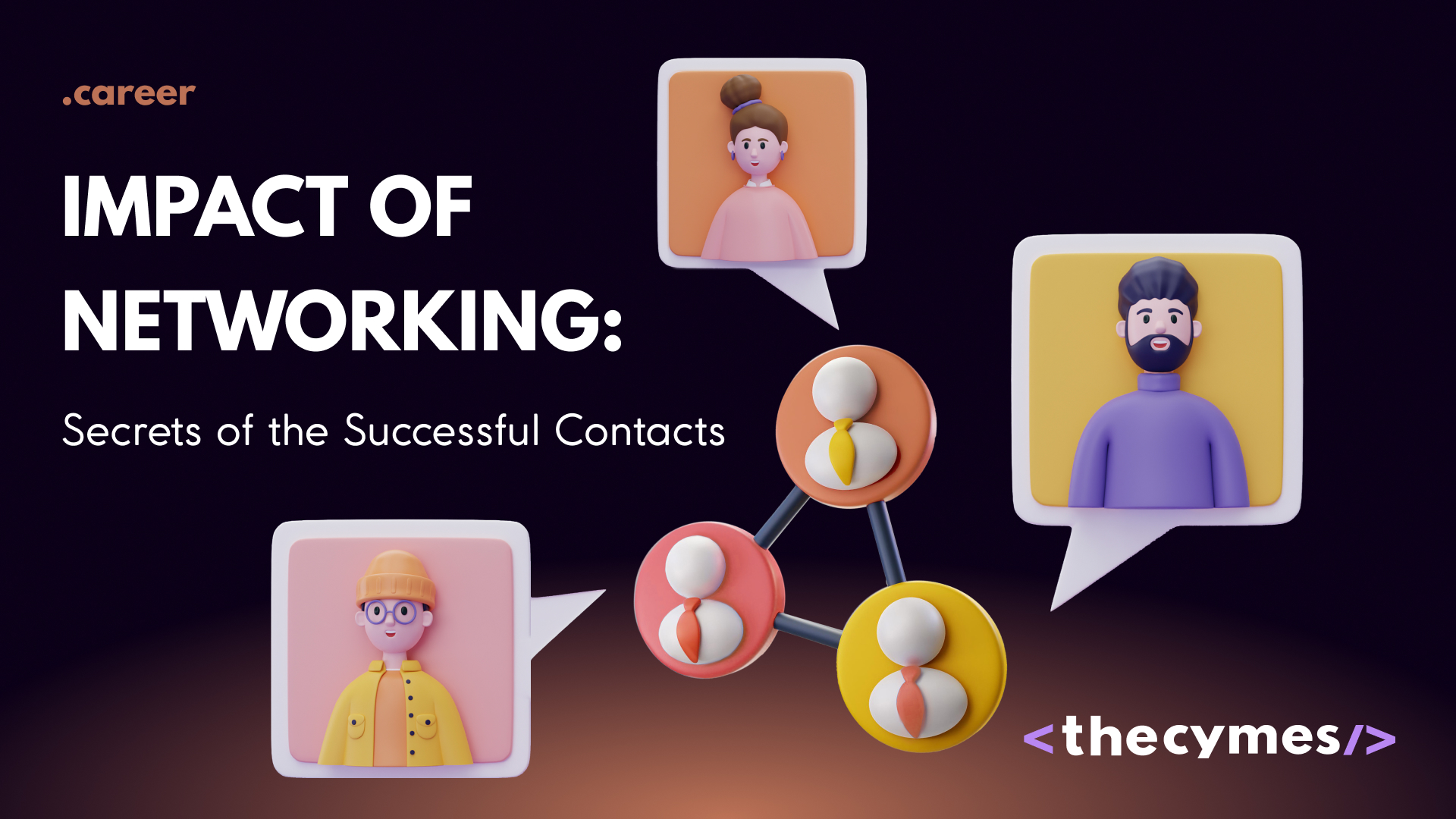.entrepreneurship21 June 08:13
0<
Future-Proofing Your Professional Prowess: Must-Have Soft Skills in IT for 2024
/>Remember, in the end, it's not just about the code you write – it's about the impact you make. And these soft skills? They're your ticket to making that impact bigger than ever! be updated on the latest tech newsGet exclusive news updates and overview on tech market




